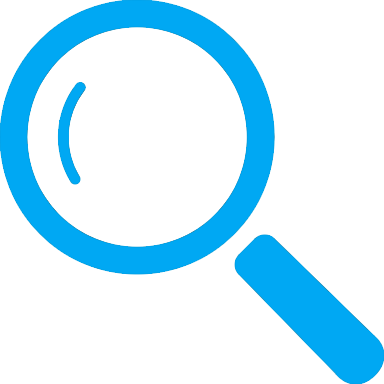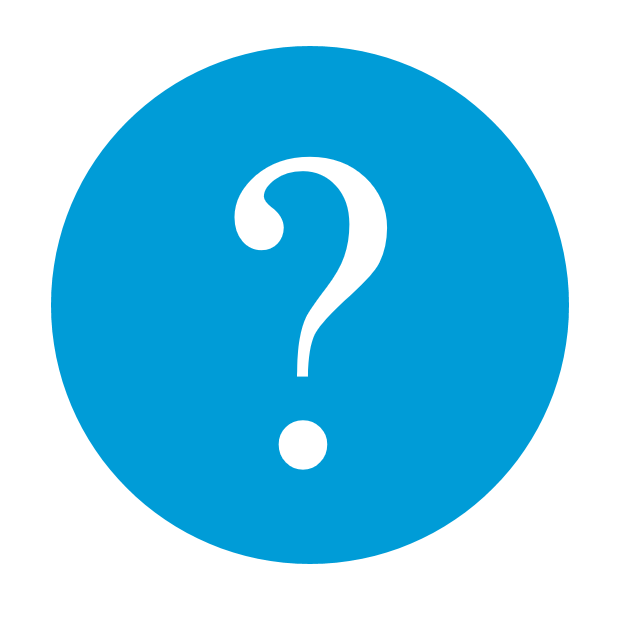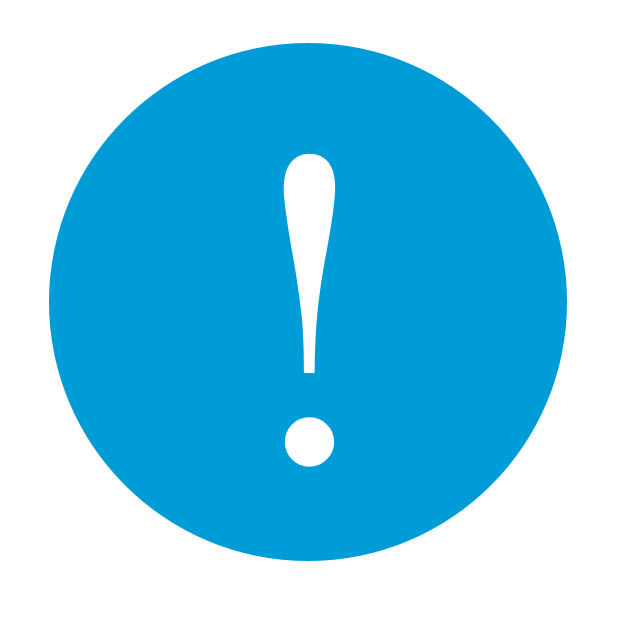How do I... - Monday 06 March 2023
Identifying Experts

Consulting an expert related to your research topic or your project is a relevant and necessary step. It allows you to benefit from a critical analysis or even advice concerning your approach or your recommendations.
However, this approach remains complex regarding the dilution of this notion in the media and social sphere: not a broadcast, not a debate without "expert" interventions, and social platforms such as LinkedIn are also echoing it.
For those who would like to solicit an expert, the challenge now is not to deal with the scarcity of profiles but rather to have the tools to identify the right one and thus separate the wheat from the chaff.
What is an expert?
A multidisciplinary notion / definition by practice
First, identifying an expert is being able to define what expertise is. This notion has a multidisciplinary dimension, it applies to different fields. Therefore, depending on whether you are a lawyer, a sociologist or a specialist in administrative law, you will not have (exactly) the same definition.
There is nevertheless a general consensus:
 |
|
Cognitive and social dimension of the expert
The expert is the combined product of competence and legitimacy.
On the field of competence, they are at the intersection of the "specialist" (who possesses the professional or technical competence) and the "scholar" (who possesses the theoretical or academic competence). Their legitimacy is dual, namely:
- formal legitimacy (titles, diplomas and institutional recognition which are all strong signals). We are talking here about a designated/appointed expert.
- informal legitimacy (reputation, credibility, identity established in the community of reference, which are more like subjective criteria and faint signals). This is the emergent expert.
Evaluating/Qualifying an expert
Questioning the criteria that authenticate the quality of expertise.
It is from this double reading of competence/legitimacy that we can build a questioning process to assess the quality of the announced expertise; namely: "What characterizes the expertise of the person I am soliciting?":
 |
|
These questions are the first good practice to be implemented to probe the quality of your interlocutor. It is a necessary step, but not sufficient.
The figure of the expert: watch out points
The principle of asking for the enlightenment of an expert - whether designated or emerging - on a given situation or subject is justified. However, there are some points to watch out for in order to sharpen your critical sense about this "figure". This perspective is all the more necessary in view of the increasing media attention they receives, which can lead to collusion and/or amalgams (a columnist or editorialist cannot be qualified as an expert).
In practice, you must pay particular attention to the posture and positions of the person you are soliciting:
 |
A conviction is not an expertise: the self-assurance and composure with which the expert expresses themselves are no guarantee of the quality of the analysis. The expert is characterized by the ability to step back and accept doubt in their discourse. |
|---|---|
| One does not call oneself an expert : At a time of "personal branding" favored by social networks, we must remain vigilant about the effects of announcements and the CV of so-called experts. In the same vein, some people take up the (disputed) theory of the 10,000 hours which, according to K. Anders Ericsson, corresponds to the number of hours needed to excel in a field (see Malcolm Gladwell's book « Outliers, the story of success ») | |
| Expertise is generally attached to a specific field: an individual identified or announced as an expert focuses on a specific field, beware of "hyper or poly-experts". The media game can lead some people to express themselves in a field that is not their own. | |
| Expertise does not guarantee the accuracy of one's statements: elle nécessite une validation par les pairs. On peut prendre l’exemple ici de positions de certains microbiologistes et infectiologues durant la crise du Covid. Faire autorité n’est pas suffisant, vous devez confronter et vérifier les propos exprimés. | |
| it’s preferable that the expert is not "directly involved in the context of solicitation". An analysis will be all the more biased if the expert is involved. Step back from militant or lobbyist postures (be able to distinguish facts and opinions) | |
| Reactivity is not necessarily a guarantee of quality : be careful about individuals who are announced as experts and are quick to react to a news item or a situation. |
Going beyond media expertise |
|
Current information and communication practices are marked by the hegemony of social media and search engines, which favors the figure of the media expert, distinguished almost exclusively by the criteria of audience: number of views, likes, shares, etc.
The acceleration of media production processes, including newspapers and television stations that are well established in the media landscape, amplifies this phenomenon. In order to obtain a wide diffusion of a media, it is tempting to give even more audience to some personalities who already have some. It is therefore useful when looking for experts to be able to carry out some checks, and to use less dominant communication and information channels in order to be able to rely on a nuanced expertise.
|
(By the way) Who is seeking help from experts?
Your background also enters into the equation. Your level of knowledge on a topic inevitably influences the choice and quality of the expert. If you are more or less familiar with the subject you will have the capacity (or not) to evaluate the expert's method and the relevance of their analysis and results.. This is the “cognitive distance”, i.e. the gap between the two parties : you may have knowledge but you don’t have the necessary experience on the topic to apply your know-how and your soft skills. This difference, this distance then impacts the degree of trust between you and the expert. In the same vein, it is the cognitive distance that leads you to refer to faint signals (reputation) or strong signals (institutional recognition) in the choice of the expert.
Case study : identifying a financial market expert
Stéphane Cellier-Courtil's article is a perfect illustration of the best practices to implement in the process of identifying an expert. Here, the author describes his approach applied to the field of finance, a sector that can appear obscure to the uninitiated, which is why it is important to adopt a methodological approach.
The difficulty lies in the ability to mobilize the right interlocutor according to one's needs and the context.
- Bootz, J.-P., Lièvre, P., & Schenk, E. (2019). L’expert au sein des organisations: Définition et cadrage théorique. Revue internationale de psychosociologie et de gestion des comportements organisationnels, XXV(63), 11–25. https://doi.org/10.3917/rips1.063.0011
- Bootz, J.-P., & Schenk, E. (2014). L’expert en entreprise: Proposition d’un modèle définitionnel et enjeux de gestion. Management & Avenir, 67(1), 78–100. https://doi.org/10.3917/mav.067.0078
- Cellier-Courtil, S. (2019). Identification d’experts des marchés financiers. Revue internationale de psychosociologie et de gestion des comportements organisationnels, XXV(63), 63–74. https://doi.org/10.3917/rips1.063.0063
- Dubois, S., Mohib, N., Oget, D., Schenk, E., & Sonntag, M. (n.d.). Connaissances et reconnaissance de l’expert.
- Glatron, S. (1997). Qu’est-ce qu’un expert ? Vacarme, 3(3), 26–27. https://doi.org/10.3917/vaca.003.0026
- Les ambiguïtés de l’expertise. (1997). Vacarme, 3(3), 25–25. https://doi.org/10.3917/vaca.003.0025
- Xerfi. (n.d.). Olivier Sibony, HEC - A quels experts peut-on vraiment faire confiance ? - Stratégies & Management - xerficanal.com. Retrieved February 15, 2023, from https://www.xerficanal.com/strategie-management/emission/Olivier-Sibony-A-quels-experts-peut-on-vraiment-faire-confiance-_3750320.html



